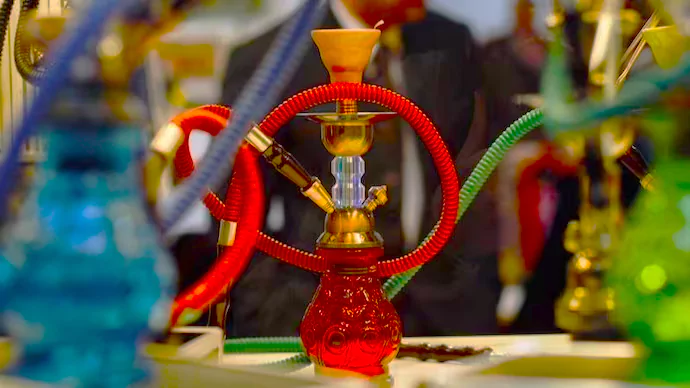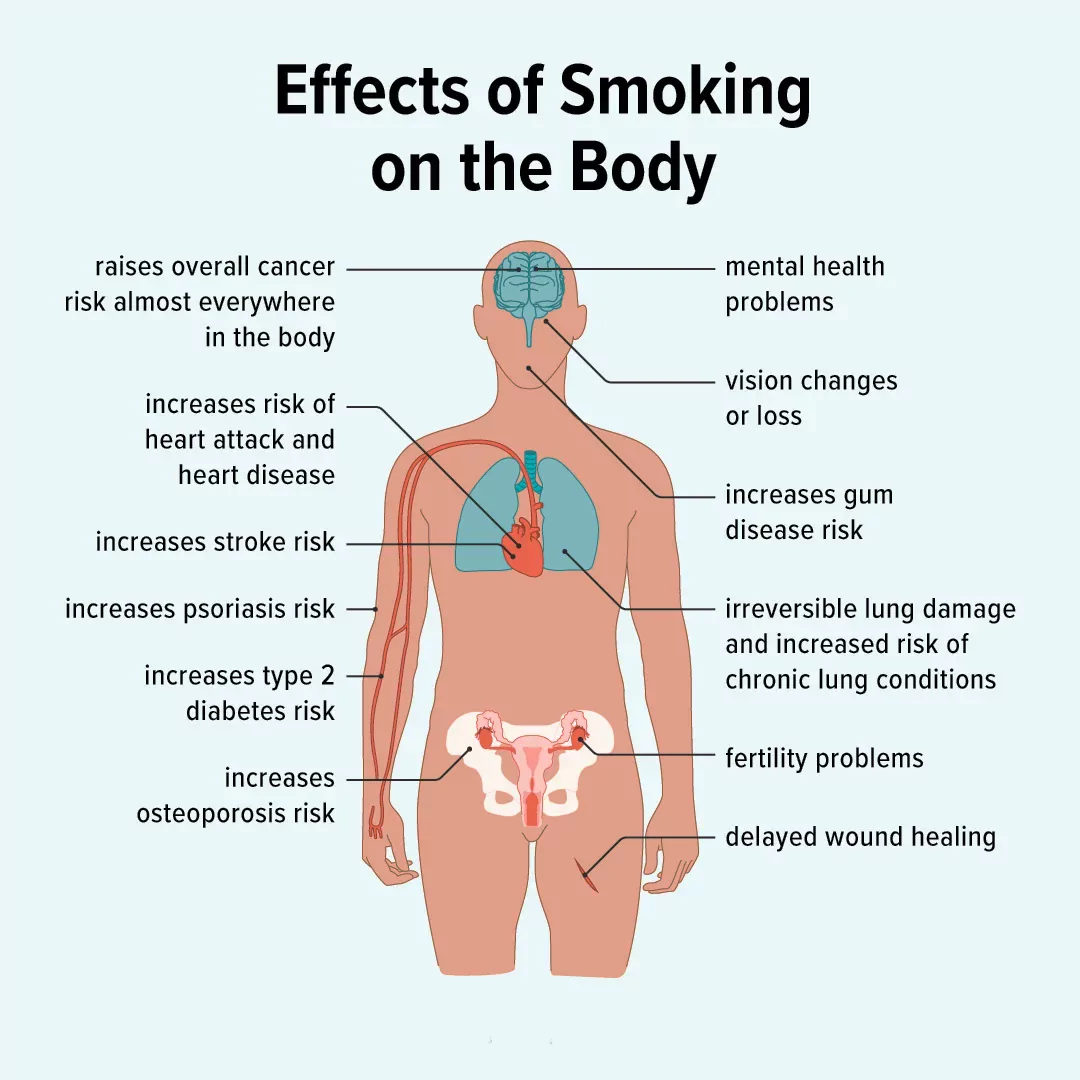Context

The Karnataka High Court has affirmed the state government’s decision to ban hookahs.
- According to the court, The ban is beneficial for the public interest.
- The court has now declared hookah bars as an illegal “service” under India’s anti-tobacco law.
Reasons for Upholding Karnataka’s Ban on Hookah by Karnataka High Court
- Maintain Public Health: Article 47 of the Constitution puts a duty on the state to improve public health. Therefore, the state has taken such measures to improve public health.
Enroll now for UPSC Online Course
Public Health
- It is defined as the science of improving and protecting people’s health.
- Ways to improve health are
- Promoting healthy lifestyles
- Prevention from infectious disease.
- Taking precautionary measures
|
-
- Article 47 is part of the directive principles of state policy, which are fundamental principles guiding governance.
- While these principles are not enforceable by courts, it’s the State’s duty to apply them in making laws.
- Since hookah smoking is injurious to health therefore, it falls under the government’s power to prohibit such substances.
- They linked this to the right to life with dignity under Article 21.
- Objective: By banning hookahs, the state aimed to safeguard public health, prevent addiction, and reduce health risks associated with tobacco use.
 Hookah as a Service: Rule 4(3) of COTPA, amended in 2017, prohibits any service in smoking area.
Hookah as a Service: Rule 4(3) of COTPA, amended in 2017, prohibits any service in smoking area. -
- Hookah smoking v/s smoking a cigarette.
- It noted that smoking zones only provide a space for smoking.
- However, hookah smoking requires staff to set up the table to render services in the specific area.
- Preparation of hookah involves a service, similar to serving food or drinks as it requires an external human hand to place all the apparatus on the tables like food or alcohol would be served on those tables”.
- Therefore, the ban on hookah bars aligns with existing rules against providing services in smoking areas.
- This ruling applies to herbal hookah as well, as it also requires equipment and qualifies as a service under the rules.
Directive Principles of State Policy (DPSP)
- DPSPs are guidelines and principles found in Part IV of the Indian Constitution.
- They help the government create policies and laws that benefit citizens and create a fair society.
- DPSPs cannot be enforced by courts, but they guide the government morally and politically.
|
- Legislative Intent: The focus on prohibiting “services” related to smoking is an attempt to discourage all forms of tobacco use, including hookah.
- Balance Between Individual Freedoms and Restrictions: The government tries to balance by imposing restrictions on harmful substances.
-
- Article 19(1)(g) guarantees the freedom to carry on any occupation, trade, or business.
- However, this freedom is not absolute and can be subject to reasonable restrictions in the interest of public health.
- In this case, the ban on hookahs serves the greater good by curbing harmful practices.
About Illegal ‘Service’ Under Tobacco Law COTPA
- Section 31 of The Cigarettes and Other Tobacco Products Act (COTPA) allows the government to create rules for its enforcement.
- In 2008, rules were introduced to prohibit smoking in public places.
Impact of Karnataka’s Ban on Hookah by Karnataka High Court
- Reduced Hookah Use: The ban could lead to a decrease in hookah smoking in Karnataka, potentially improving public health outcomes associated with tobacco use.
- Loss of Revenue: Businesses profiting from hookah sales, like restaurants and bars, might face financial losses.
- Black Market: A black market for hookah equipment and supplies could emerge to meet the demand.
- Increased Enforcement Costs: The government might need to allocate resources for enforcing the ban effectively.
Enroll now for UPSC Online Classes
Also Read: Urgent Need To Control Use Of E-Cigarettes
![]() 23 Apr 2024
23 Apr 2024

 Hookah as a Service: Rule 4(3) of COTPA, amended in 2017, prohibits any service in smoking area.
Hookah as a Service: Rule 4(3) of COTPA, amended in 2017, prohibits any service in smoking area.